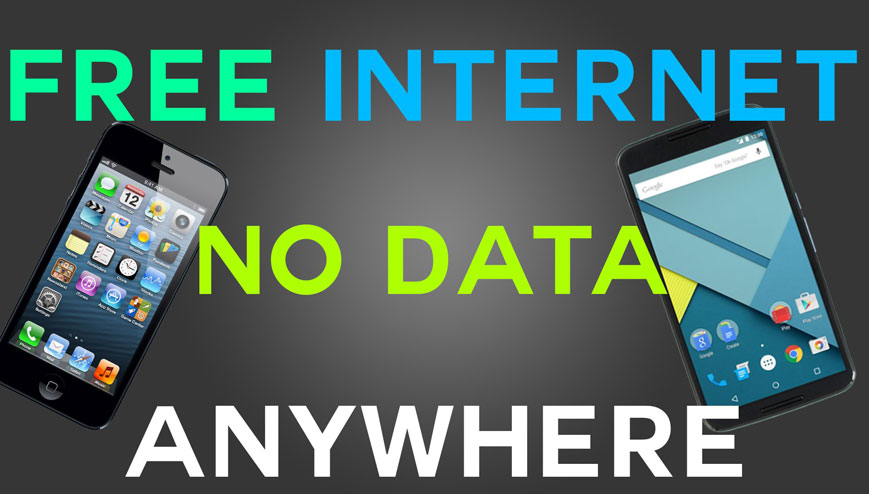I read in the Daily Monitor of Thursday September 15, 2016 titled ‘Government to offer free Internet to Kampala, Entebbe’, with concern. Today, the National Information Technology Authority of Uganda, has announced that it will officially offer free Internet connectivity at the Kampala Capital City Carnival celebrations. This is a welcome development. Unfortunately, where are the terms of use? How will people’s privacy be protected from increasing threat of hackers in the city?
The experience by Governments globally with technology giants like Apple, Facebook, Google and Microsoft which collect personal information is bad on their platforms is not so good.
Their ability to guarantee user privacy is the secret to their success. No wonder, Uganda’s Facebook whisperer, a one TVO, continues to exist despite several subpoenas to Facebook disclose his identity.
How can a cyber-investigator overcome this huddle? How do you reveal the identity of an a user hiding behind VPNs, firewalls and TOR network of this dark internet world?
One of the answers is to invite them into your network. Fiber optic is a solution to the expensive but slow Internet speeds in Uganda. Any IT geek wants a piece of fiber. What a better way to give free Wi-Fi running on a Fibre infrastructure?
How do you reveal the identity of an a user hiding behind VPNs, firewalls and TOR network of this dark internet world?
Any frequent traveller knows that most international airports offer free Internet access via Wi-Fi hotspots at strategically located points likeAirport waiting areas. Business or political executives used to24/7 Internet access always need it. At that time you are missing a connection and your phone ‘discovers’ a free Wi-Fi hotspot do you connect or not? Unfortunately, the answer is yes even by top executives and high persons of interest (HPIs), in intelligence speak. The urge to be with the in-crowd — email, Twit or Facebook– leaves manypeople’s privacy exposed.
Of concern is user privacy. When you connect a personal device on another’s network (Wi-Fi hotspot) do they owe you privacy protection whether you agree or not to their terms and conditions? The recent opinion by a senior Judge on the long running McFallen case in Germany that ‘Public Wi-Fi networks not liable for Internet Privacy by users’ settles this.
One wonders whether the free Internet offer is not a strategy to monitor what people do online. Many countries offer free Internet at airports primary for intelligence reasons – ‘what emails and websites do people visit while at this airport?’ Even for the highly security conscious, once you connect to one’s network, your entire device contents – documents, emails, photos, online activity, etc. are at their mercy.
Why free Internet? Is it a priority? There are several pressing needs that urgently need financing. The ‘free Internet capacity’ could be sold at a discount and the money channeled to fix public services like Teachers and Doctors salaries or to put essential medicines in health centres countrywide. At today’s rates, one gigabyte of data during a night shift from 12:00am to 4:00 am costs Ugx. 2,500. If 1 GB is downloaded 1,000,000 times per night, that is Ugx. 2.5 billion per night shift or Ugx. 75 billion monthly. Even a mere 30% uptake would still generate Ugx. 22.5 billion monthly. If the service is offered from 6pm to 6am, as reported, the subsidized Internet could contribute hundreds of billions monthly to the national treasury. Even if the free Internet was available to only Ugandan citizens authenticated by their National ID as username, it would benefit those already with smart devices. Such a segment already can afford it!Free internet has adverse impact on the competitiveness of telecom companies which are the country’s top tax payers.
Is this a big brother project or a genuine government priority to grow the economy?
Mugisa is a Governance (Strategy & Risk Management) Expert, mustaphabm3.sg-host.com








